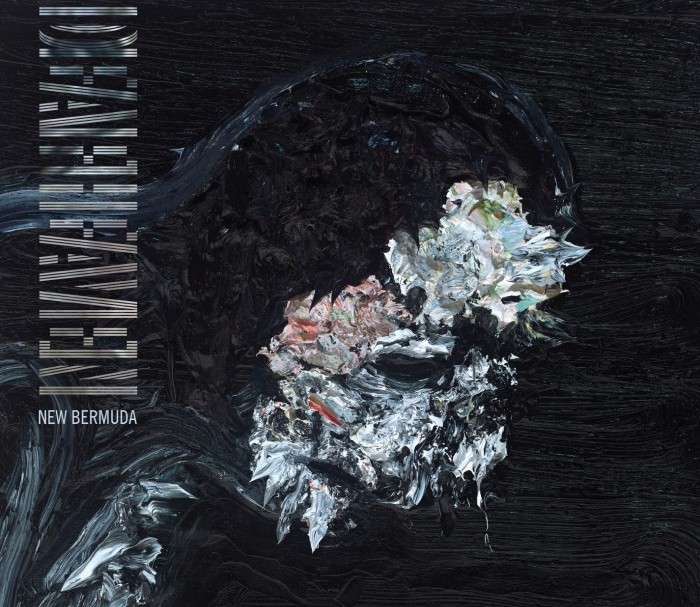On New Bermuda, Deafheaven maintains the uniqueness of their sound but loses some of the intensity of their previous album, Sunbather. Deafheaven has always existed in an interesting limbo, combining the extremity of black metal with softer shoegaze and post rock sounds. This limbo angered diehard fans but excited many others, launching them into mainstream success uncommon in the metal scene. That success clearly brought conflicted emotions, reflected lyrically in songs like “Luna,” where lead singer George Clarke seems to have found the “Dream House” he searched for in Sunbather, but has been left “sitting quietly in scorching reimagined suburbia.”
New Bermuda mixes the vocals more distinctly than its predecessor, giving Clarke’s poetry more musical immediacy. In general, New Bermuda feels tighter but less ambitious than its predecessor. The album makes excellent use of a variety of effects, with flange sounds contributing to the atmospheric aspect of its softer moments. Interlude tracks are removed and placed within songs, making the contrast between loud and soft somewhat less distinct.
“Luna” is the high point of the album, keeping a balance between the many elements of the band and holding on to its momentum consistently throughout the song. This dynamic balance between hammering intensity and respite is the key to their sound, and by “Baby Blue” the album seems to lose their grip on it. This track opens with interesting guitar leads reminiscent of Explosions in the Sky, but spends far too much time on its outro and gives too much space to some slow, chugging rhythm guitar. There is an interesting wah-pedal heavy guitar solo which expands their sound, but it’s not enough to redeem it.
“Come Back” features some heavy black metal segments and some outstanding riffs, but then spends far too much time on its slow conclusion. The outro feels like it is anticipating some sort of climax for four minutes, and then the song ends.The album closer “Gifts for the Earth” is somewhat similar, although it makes better use of contrast in its outro, incorporating sounds that surprisingly recall Wilco. Overall, the album seems to be Deafheaven trying to figure out a way to proceed, both musically and personally, but in the process it loses some of the triumphant power that made Sunbather so fantastic. Taken on its own, it is a great listen, but unfortunately its context makes it somewhat disappointing.








